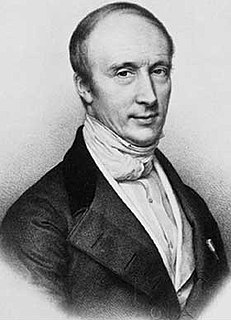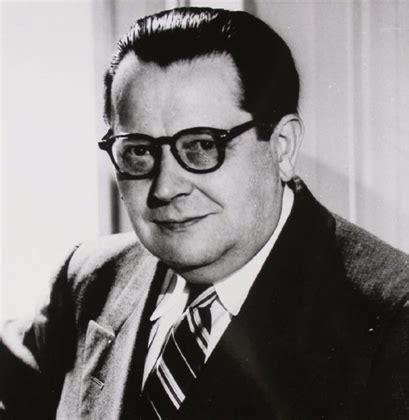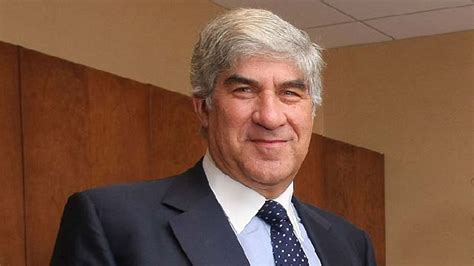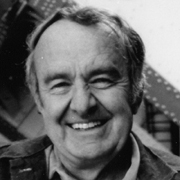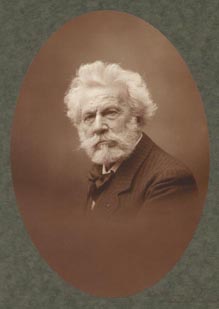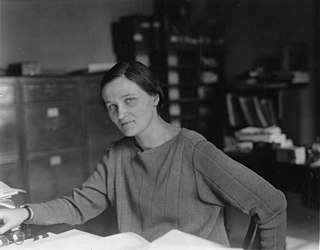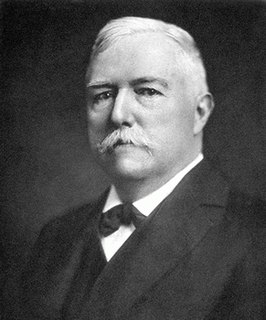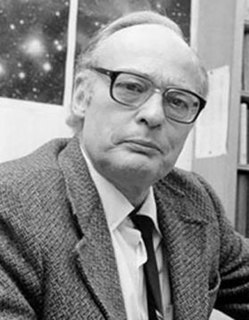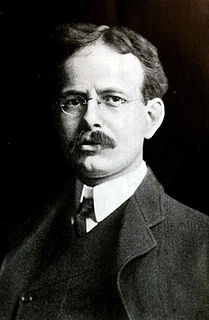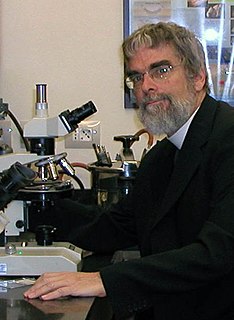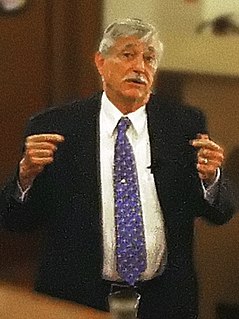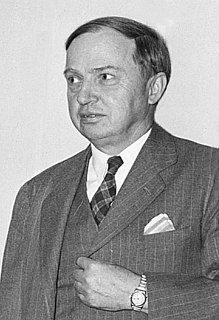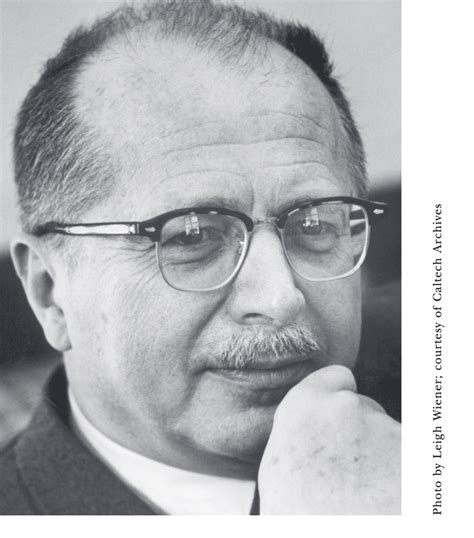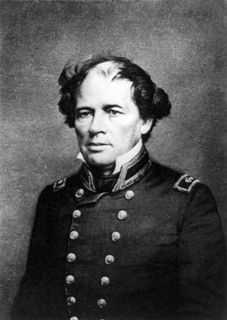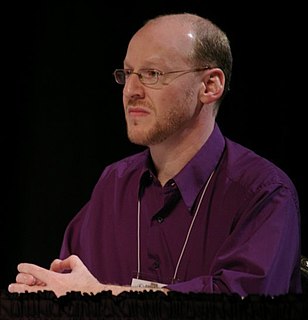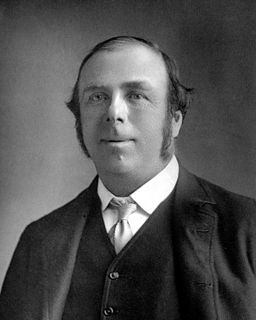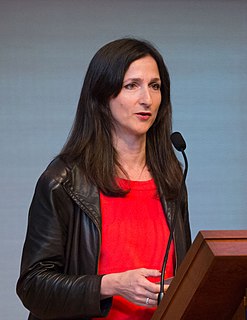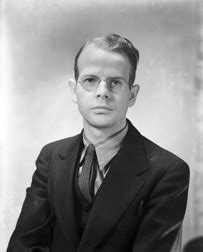A Quote by Adolphe Quetelet
It would appear... that moral phenomena, when observed on a great scale, are found to resemble physical phenomena; and we thus arrive, in inquiries of this kind, at the fundamental principle, that the greater the number of individuals observed, the more do individual peculiarities, whether physical or moral, become effaced, and leave in a prominent point of view the general facts, by virtue of which society exists and is preserved.
Related Quotes
The chief point we must remember is that the great and rapid advance of the physical sciences took place in fields where it proved that explanation and prediction could be based on laws which accounted for the observed phenomena as functions of comparatively few variables - either particular facts or relative frequencies of events.
During the last two centuries and a half, physical knowledge has been gradually made to rest upon a basis which it had not before. It has become mathematical. The question now is, not whether this or that hypothesis is better or worse to the pure thought, but whether it accords with observed phenomena in those consequences which can be shown necessarily to follow from it, if it be true
Whether moral and social phenomena are really exceptions to the general certainty and uniformity of the course of nature; and how far the methods, by which so many of the laws of the physical world have been numbered among truths irrevocably acquired and universally assented to, can be made instrumental to the gradual formation of a similar body of received doctrine in moral and political science.
First, it is necessary to study the facts, to multiply the number of observations, and then later to search for formulas that connect them so as thus to discern the particular laws governing a certain class of phenomena. In general, it is not until after these particular laws have been established that one can expect to discover and articulate the more general laws that complete theories by bringing a multitude of apparently very diverse phenomena together under a single governing principle.
The hypotheses which we accept ought to explain phenomena which we have observed. But they ought to do more than this; our hypotheses ought to foretell phenomena which have not yet been observed; ... because if the rule prevails, it includes all cases; and will determine them all, if we can only calculate its real consequences. Hence it will predict the results of new combinations, as well as explain the appearances which have occurred in old ones. And that it does this with certainty and correctness, is one mode in which the hypothesis is to be verified as right and useful.
Thus even supposedly unadulterated facts of observation already are interfused with all sorts of conceptual pictures, model concepts, theories or whatever expression you choose. The choice is not whether to remain in the field of data or to theorize; the choice is only between models that are more or less abstract, generalized, near or more remote from direct observation, more or less suitable to represent observed phenomena.
The relevant features of scientific practice often have mundane explanations which don't point to any deep metaphysical moral. (Thus it would simply be messy and pointless for the chemists to essay physical reductions, or for the biologists to offer number-free explanations. It's a weird kind of science-worship that views these practical considerations as clues to the nature of reality.)
I have not been able to discover the cause of those properties of gravity from phenomena, and I frame no hypotheses; for whatever is not deduced from the phenomena is to be called a hypothesis, and hypotheses, whether metaphysical or physical, whether of occult qualities or mechanical, have no place in experimental philosophy.
The Heisenberg principle - If something is closely observed, the odds are it is going to be altered in the process. The more a price pattern is observed by speculators the more prone you have false signals; the more the market is a product of nonspeculative activity, the greater the significance of technical breakout
For the fundamental fact of human psychology is that society, instead of remaining almost entirely inside the individual organism as in the case of animals prompted by their instincts, becomes crystallized almost entirely outside the individuals. In other words, social rules, as Durkheim has so powerfully shown, whether they be linguistic, moral, religious, or legal, etc., cannot be constituted, transmitted or preserved by means of an internal biological heredity, but only through the external pressure exercised by individuals upon each other.





